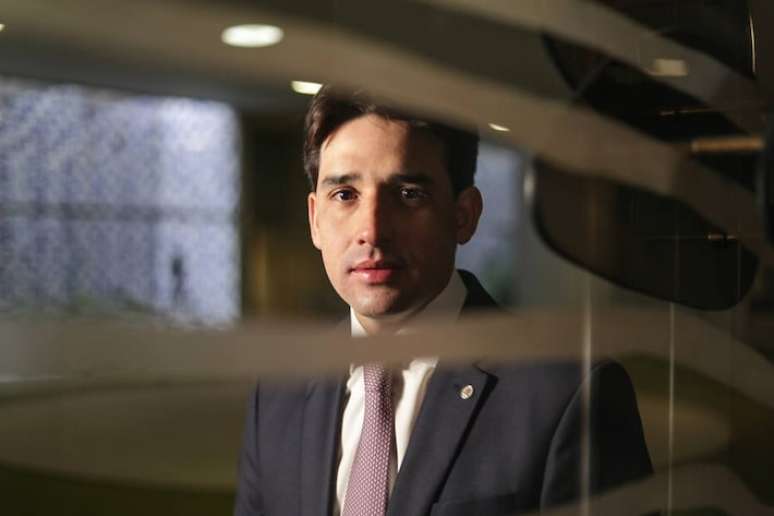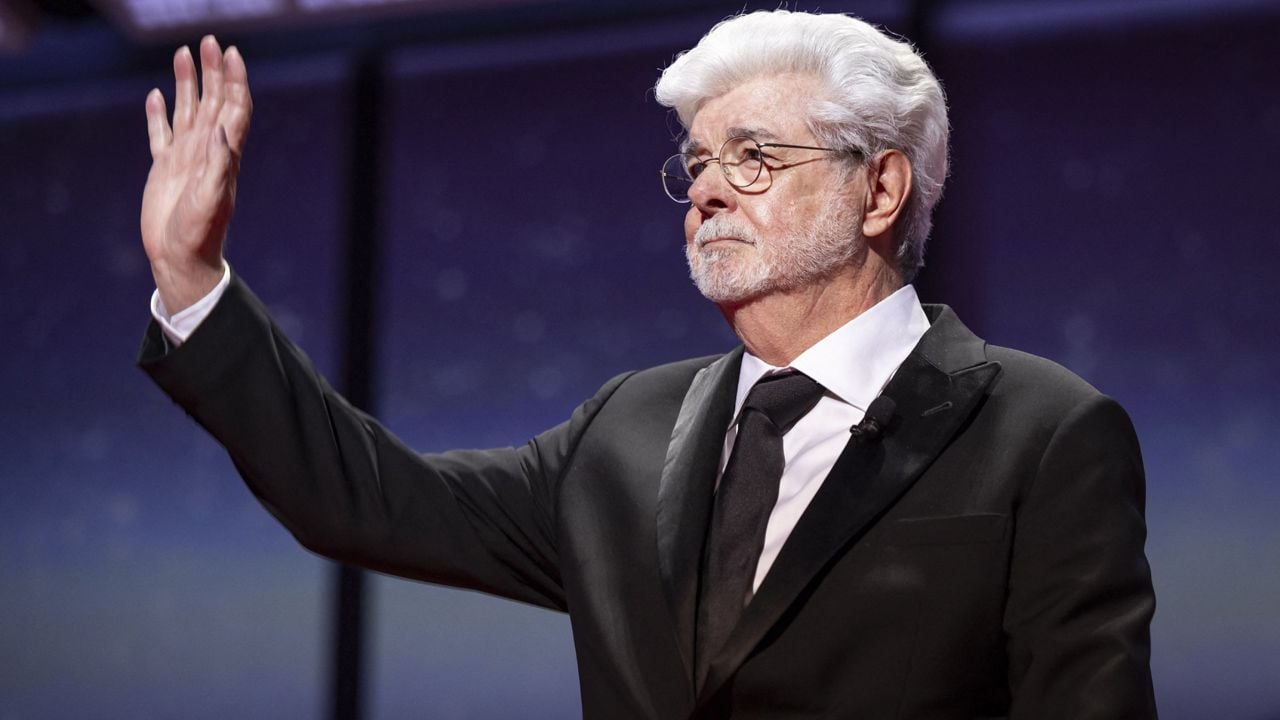The use of the Guarantee Fund for Operations (FGO), in principle, would have no impact on public finances; Members of the economic team, however, say the topic is still open
BRASILIA – The government is evaluating the use of the guarantee fund that fuels programs such as Desenrola, for debt renegotiation, and Pronampe, to support micro and small businesses, to help airlines, he explained Estadao the Minister of Ports and Airports, Silvio Costa Filho. Since it already has liquidity, the use of the Guarantee Fund for Operations (FGO) would, in principle, have no fiscal impact on public finances – a requirement of the Treasury.
“We are working on a new fund, possibly through the FGO, which is being discussed at the Ministry of Finance,” Costa Filho said. “We have had permanent meetings with the Ministry of Civil Affairs, Finance and with the BNDES, where we are studying credit modeling for the sector. It will come out, what we are finalizing are just numbers. We hope to present them a concrete proposal in the next few days to Brazilian airlines,” the minister said.
Members of the economic team, however, told the Estadao that the topic is still open, and FGO is one of the possibilities, but there is no definition yet. Therefore, there are still no effective negotiations between the Treasury and Banco do Brasil, administrator of the FGO, on the issue.
According to the interlocutors, the orientation, at least for now, is that the fund remains focused on micro and small businesses and individual micro-entrepreneurs (MEIs) – which are the original focus of this guarantee instrument.
The FGO was created in 2009, through a law that authorized the Union’s participation in credit risk guarantee funds. However, the tool was only strengthened during the pandemic, with the development of Pronampe, the aid program for entrepreneurs and small businesses.
In 2023, the fund also began to be used to guarantee the operations of Desenrola, intended for indebted people, a platform that can be extended to legal entities, as reported by the Minister Márcio França, of Micro and Small Enterprises.
The big concern is budgetary, that is, whether there will be enough money to guarantee all these operations without the need for new contributions from the National Treasury – a possibility that Minister Fernando Haddad, under pressure from the zero deficit objective, seeks year, has already ruled out.
Currently, according to data available on the Banco do Brasil portal, FGO operates with Pronampe and Desenrola Pessoa Física, with a contract volume of R$138.1 billion and R$1.1 billion respectively. Pronampe guarantees financing operations for companies with revenues of up to R$ 4.8 million, while Desenrola guarantees the renegotiation of debts for private individuals.
According to sources close to the economic team, FGO currently has R$6.6 billion to guarantee operations of the same value within Desenrola (since 100% of the amount is guaranteed by the fund), and R$850 million to secure up to R$5.5 billion in loans through Pronampe (as leverage reaches 6.6 times loan availability).
Guarantees
Despite the growth of passenger movements of 15.3% in 2023, Costa Filho said there are still challenges to strengthen the companies – which complain of a crisis that has dragged on from the covid-19 pandemic – and bring about greater democratization of the access to flights. The discussion has gained traction amid the demand for Gol’s judicial recovery in the United States
In January, the president of BNDES, Aloizio Mercadantehe said in an interview with State, that the bank does not give up collateral to offer an emergency credit line to airlines. He assured that, if the line advances, the credit will be offered by BNDES at the cost of the TLP (Long Term Rate), which follows market prices. In other words, there will be no bank subsidies through the reduction of interest rates.
BNDES has been studying the offer of a working capital line for businesses for months, but is faced with the problem of guarantees. Airlines even mentioned slots (airport spaces) and aircraft leasing as collateral for bank loans, but the offer was unsuccessful.
Gol and Azul have their “tipped PL” – that is, their debt exceeds their equity, which makes it impossible to obtain loans or letters of guarantee in the private market; That’s why BNDES was called in to help.
“What we are doing is designing, for the first time, an investment fund for a credit program aimed at strengthening airlines in Brazil,” said Costa Filho, who also said the fund would have an endowment of between 4 and R$6 billion. “And, in addition, we pay attention to the aviation kerosene (QAV) agenda, the judicialization agenda, among other actions that are in dialogue with the Ministry of Tourism and Embratur.”
Costa Filho admitted that the government is still trying to give companies the option to buy fuel directly, which would reduce intermediation costs, as Estadão demonstrated on January 26. The question is how the measure will affect the contracts already stipulated with distributors.
“We are discussing QAV in relation to distributors. Petrobras itself is carrying out internal studies to see if we can sell Petrobras directly to airlines without passing some through distributors,” Costa Filho said.
Economist José Roberto Afonso, a professor at the IDP and former superintendent of the BNDES, notes that the bank does not provide loans to help companies with working capital, but that it could work on restructuring the airline sector, given the companies’ recurring crises.
Before Gol, Latam also underwent judicial recovery in the USA. “Not even in the case of the Americans, where the creditors were all national, did the BNDES achieve a turning point. The bank can act to restructure the sector, not to offer a turning point with the sole aim of going back to save international creditors”, he said. States.
Restructuring, in his view, means discussing investments that can help reduce companies’ costs, such as buying planes in Brazil (from Embraer) or hiring local maintainers.
According to him, the government should discuss issues such as potential subsidies for aviation kerosene on flights to distant countries, offering cheaper tickets to increase the size of companies in a committee similar to the one used in the case of the aviation blackout, in the Government FHC.
According to him it is necessary to make a diagnosis as to why these three companies are in crisis. “The BNDES can help more with ideas than with money,” he says.
Source: Terra
Rose James is a Gossipify movie and series reviewer known for her in-depth analysis and unique perspective on the latest releases. With a background in film studies, she provides engaging and informative reviews, and keeps readers up to date with industry trends and emerging talents.






